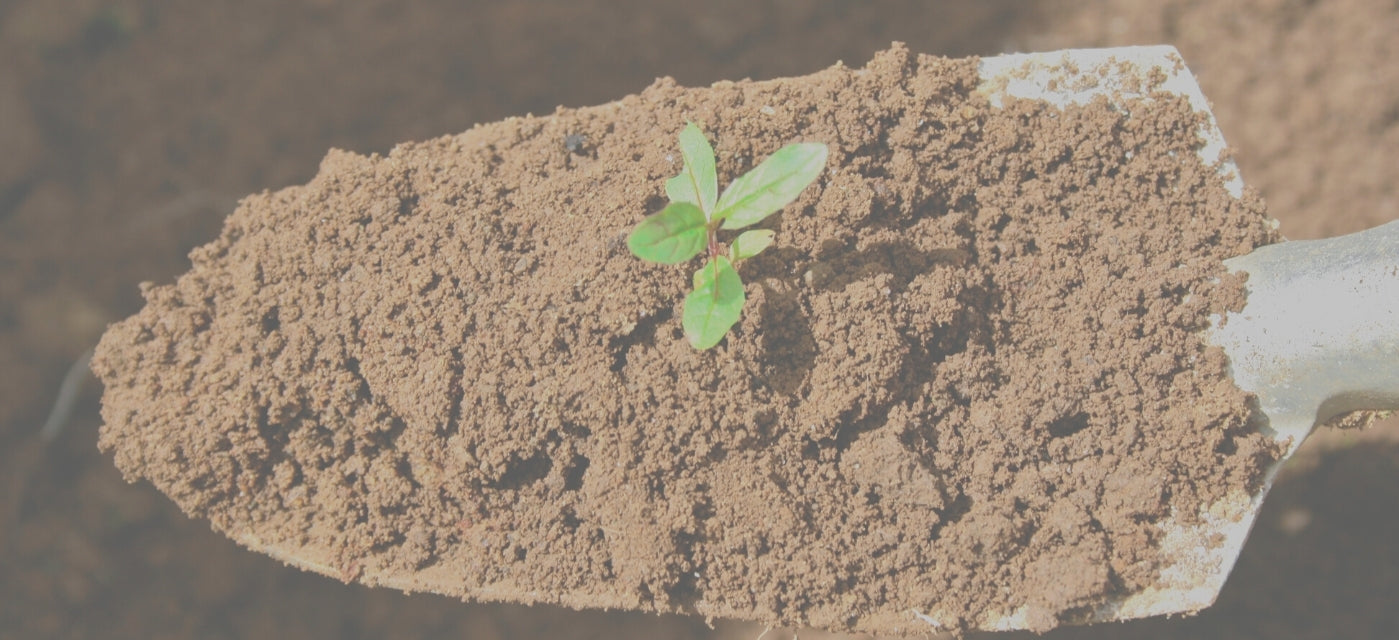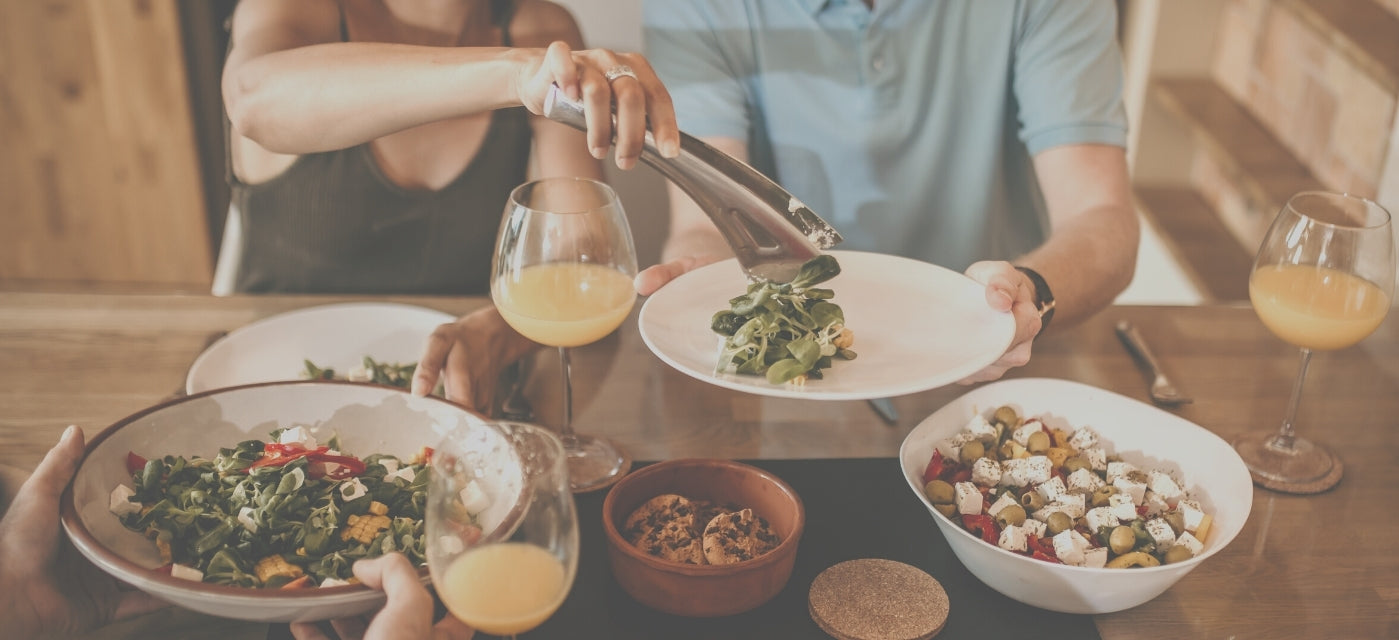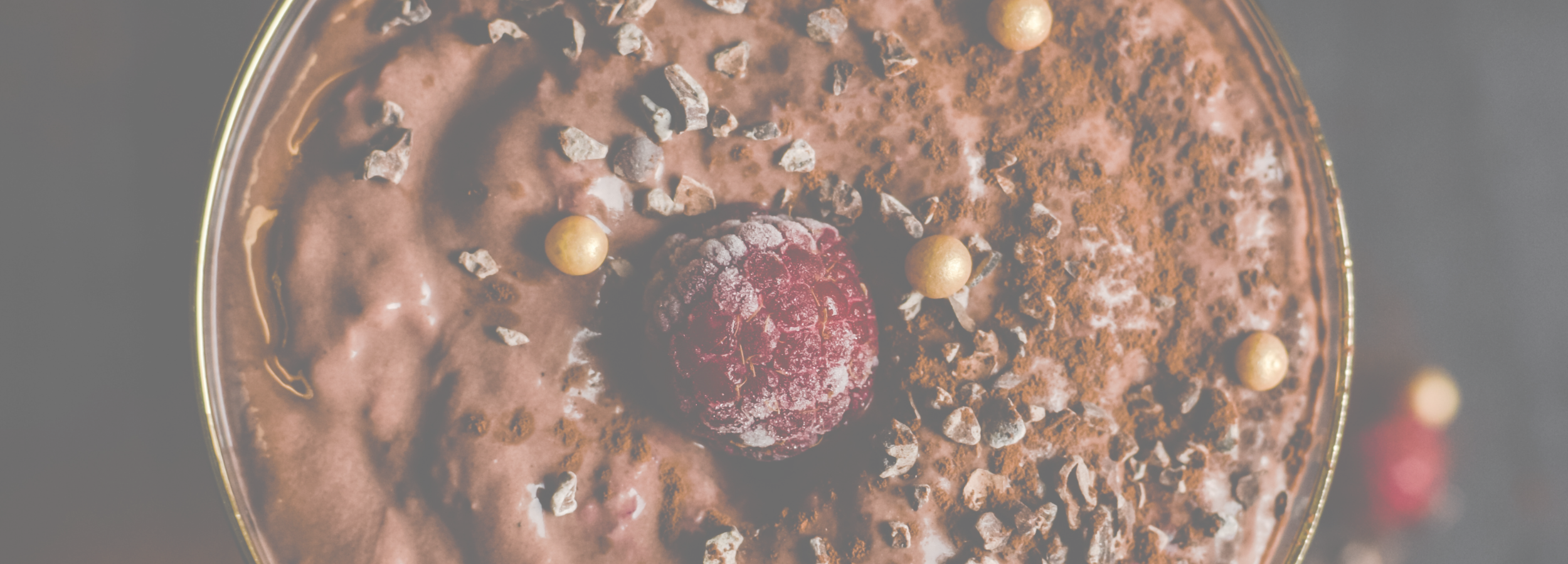
Vegan Diet for Beginners
Today’s the day. You are ready to begin a new wellness journey and change your way of eating—you’re ready to go vegan.
Maybe your friends do it or you read about it online. Lots of people go vegan due to reservations about eating animal products, or because they hear that a plant based diet can help lower your carbon footprint, which is very true, by the way[1]. But regardless of where you got the idea, for most of us life-long-omnivores, starting a vegan diet is a big change.
You might be asking yourself if a plant based diet is worth the trouble. You may have even heard that a vegan diet is a bad idea, full of processed foods, low in protein, and deficient in important nutrients.

Not to worry, potential vegan eaters! A plant based diet is easier than you would think and these rumors turn out to be false! In fact, not only can vegan diets work, they can also have plenty of health benefits when compared to an omnivorous diet. Here are just a few perks that might surprise you about veganism:
- Can protect against cancer[2].
- Studies have shown certain cancers, like prostate cancer, are less common in vegans than in the general population.
- Provides diverse options for protein[3].
- Studies show that with a wide variety of protein rich plants, like legumes, soy products, grains, and seeds, vegans can eat all the protein they need without animal products.
- Includes high levels of certain micronutrients[4].
- Vegan diets are rich in fiber, folic acid, potassium, magnesium, and many other essential nutrients.
- Reduces the inflammation in your gut[5].
- Healthy gut bacteria seem to love a vegan diet, and the unhealthy pathobionts that cause inflammation are less abundant in vegans.
- Lowers your blood pressure[4].
- That lack of inflammation in your gut can lead to a healthier heart too.
And not only can a plant based diet be good for you, it can become a fun and rewarding step in your journey to a healthier you. There are some amazing, healing qualities to Earth’s many plants available for us to eat, and a vegan diet can lead you to a future full of diverse food. All you need is an open mind and a hungry belly.
So where should you begin? Here are some important things to remember on your journey toward a plant based diet.
Start with one vegan meal a day

For some of us, going all in, immediately, no holding back, no looking back, take-no-prisoners is the best way to make a big change.
But, that can also be exhausting. You might just run out of energy before you get the hang of a plant based diet.
So for the rest of us, taking it a little slower is a great idea. One easy way of doing this is to start making one vegan meal per day. That way, rather than those first vegan meals becoming another chore, your first step into a plant based life becomes a small experiment you can look forward to every day.
If you like to cook, you can explore vegan recipes for dinner. Or, if you’re always on the go, check out some healthy, prepackaged vegan meals at the grocery or health food store.
Once you’ve adjusted to one meatless, dairyless meal, adding a second vegan meal isn’t so hard. Then, a third! And after a few months of slow changes, you’ll be eating vegan no problem.
And what foods should you start eating? We recommend… Whole foods
You might be surprised to hear this, but did you know that Oreos™ are vegan[6]??
That’s right! That famous little cookie is actually made with plant fats & proteins, not dairy. But does that make Oreos™ an every day part of the vegan diet? Not so much.
Lots of sodas, desserts, and candy found in convenience stores are also vegan, but most of us know that these foods should be the exception in our diet rather than the rule. And while it’s obvious that desserts won’t provide your daily nutrients, there are plenty of other vegan foods that may seem like a good idea to eat at every meal, but in fact, they are highly processed[7].
Any time that food is cooked, the nutrients in the food are broken down. The idea is to cook our food so that it’s safe and tasty, but not so much that we lose out on the healthy attributes inside.
When it comes to the problems with processed foods, vegan diets are no exception. Some veggie burgers, crackers, dried fruits, and meat substitutes marketed for vegans are highly processed. That’s why it’s better to eat whole foods for your daily nutrition.
And what are whole foods? Here’s an easy guide to follow: the 5 vegan food groups.
- Whole Grains: Wheat, rice, quinoa, millet, oats, and barley are in this category.
- Legumes: Basically… beans! But don’t forget lentils and pulses too.
- Tubers: Just another way of saying root vegetables, like carrots, beets, and all the members of the potato family.
- Vegetables: All the classics like greens, peppers, and peas, but don’t hesitate to explore other vegetables too, like collards and artichokes.
- Fruits: Apples, pears, citrus, berries, grapes, and many more, loaded with nutrients, tasty sugars, and balanced with excellent fiber.
Just basic, wholesome plants perfect for your vegan diet.
But what about those days where you don’t have the time to cook?
Read the Label, Know the Label

When it comes to processed foods purchased ready to eat, the less ingredients, the better.
While this is sometimes not the case, usually, any processed food packed with mystery ingredients is a bad idea. And for those eating a vegan diet, animal products may be sneaked into all sorts of foods that you thought were vegan, like salad dressing, frozen veggies, and potato dishes.
That’s why you have to start reading labels and investigating the ingredient lists on the back of everything you buy. Thanks to the internet always in our pockets, this has become easier than ever. A quick search will often reveal the basic information about an ingredient, but more reading is often required to get the whole story.
The FDA provides a list of many ingredients and a guide to learning more about the food labels[8] that their agency regulates. Once you start reading labels regularly, you’ll practically memorize all of the strange names given to the sugars, starches, and fibers packed into some vegan foods.
And as you read label by label, you’ll start to find the right products for you, made from simple, organic ingredients. Check out our Hemplete Chocolate Protein Powder, made from just hemp protein, organic cacao, sea salt, and monk fruit extract-- just four wholesome ingredients!
Complete Protein
Next, let’s talk about protein.
You may be worried about getting enough protein in your diet while eating vegan long term. This concern makes sense, since animal products serve as the bulk of protein in an omnivorous diet.
On top of that, another common concern is that most plant proteins are not complete proteins, meaning that they do not contain all the diverse amino acids needed to sustain bone and muscle growth.
But not to worry! There are actually plants that DO provide a complete protein. These should become a staple of your diet, sort of the foundation of your daily protein intake. Here’s a few examples[9]:
- Quinoa
- Amaranth
- Soy
- Buckwheat
- Blue green Algae
But here’s the kicker: protein can be found in almost all of the foods of the first three Vegan Food groups, Whole Grains, Legumes, and Tubers!
So while you may not have a steak’s amount of protein once you start a vegan diet, you can get a little protein all day long with the healthy foods we’ve recommended above.
Also, there’s no need to try to balance different foods in a specific meal to get all of the essential amino acids at once. Research shows that your body only needs all the amino acids together in a day, not specifically in one meal[3].
Of course, healthy fats and carbohydrates are just as important as protein for a healthy vegan diet, and all three macronutrients are ready and waiting in a plant based diet for you to enjoy.
But what about micronutrients?
Vitamin B, Vitamin D, Iron, and Fatty Acids
Micronutrients are the vitamins and minerals your body has to have to remain healthy and thriving. While they are not the main energy source that macronutrients are, their role is still essential for your long term health.
And with a vegan diet, some of the important vitamins and minerals can be in short supply. Studies show that vegans are sometimes at risk of having love vitamin b, vitamin d, iron, and fatty acids[4]. So, it’s important to make sure that you find these micronutrients in plants wherever they are available. Here are a few helpful places to start:
- Vitamin B: start with diverse leafy greens, like kale and spinach. Then, make sure you’re getting plenty of legumes as well.
- Vitamin D: Greens from the oceans are a great place to start here, like algae and kelp products[10].
- Iron: Seeds are a great place to start[11], such as from sunflowers, pumpkins, or chia.
- Fatty Acids: This one is a little harder, but the best vegan source here will come from cooking oils[12], such as from coconuts and vegetables.
Talk to your doctor about supplementing these micronutrients in your diet with daily multivitamins & monitoring your current levels of these essential micronutrients.
Once you’ve found a few recipes that include these specific plants and/or found supplements that work for you, getting your daily dose of these vitamins and minerals will be no problem.
Time to Get Started

And now, it’s time to begin. Remember to enjoy your adventure into a plant based diet. We’re sure that you will find it fun, delicious, and rewarding.
Sources:
- https://link.springer.com/article/10.1007/s10460-020-10182-x#Sec3
- https://pubmed.ncbi.nlm.nih.gov/26561618/
- https://pubmed.ncbi.nlm.nih.gov/25369930/
- https://pubmed.ncbi.nlm.nih.gov/19279075/
- https://pubmed.ncbi.nlm.nih.gov/25365383/
- http://nutrition.und.edu/foodpro/label.asp?locationNum=05&locationName=&dtdate=1/11/2018&RecNumAndPort=180001
- https://www.nhs.uk/live-well/eat-well/what-are-processed-foods/
- https://www.accessdata.fda.gov/scripts/InteractiveNutritionFactsLabel/ingredient-list.cfm
- https://greatist.com/health/complete-vegetarian-proteins#5.-Rice-and-beans
- https://pubmed.ncbi.nlm.nih.gov/23717318/
- https://pubmed.ncbi.nlm.nih.gov/28686269/
- https://pubmed.ncbi.nlm.nih.gov/32304939/



Leave a comment
This site is protected by hCaptcha and the hCaptcha Privacy Policy and Terms of Service apply.